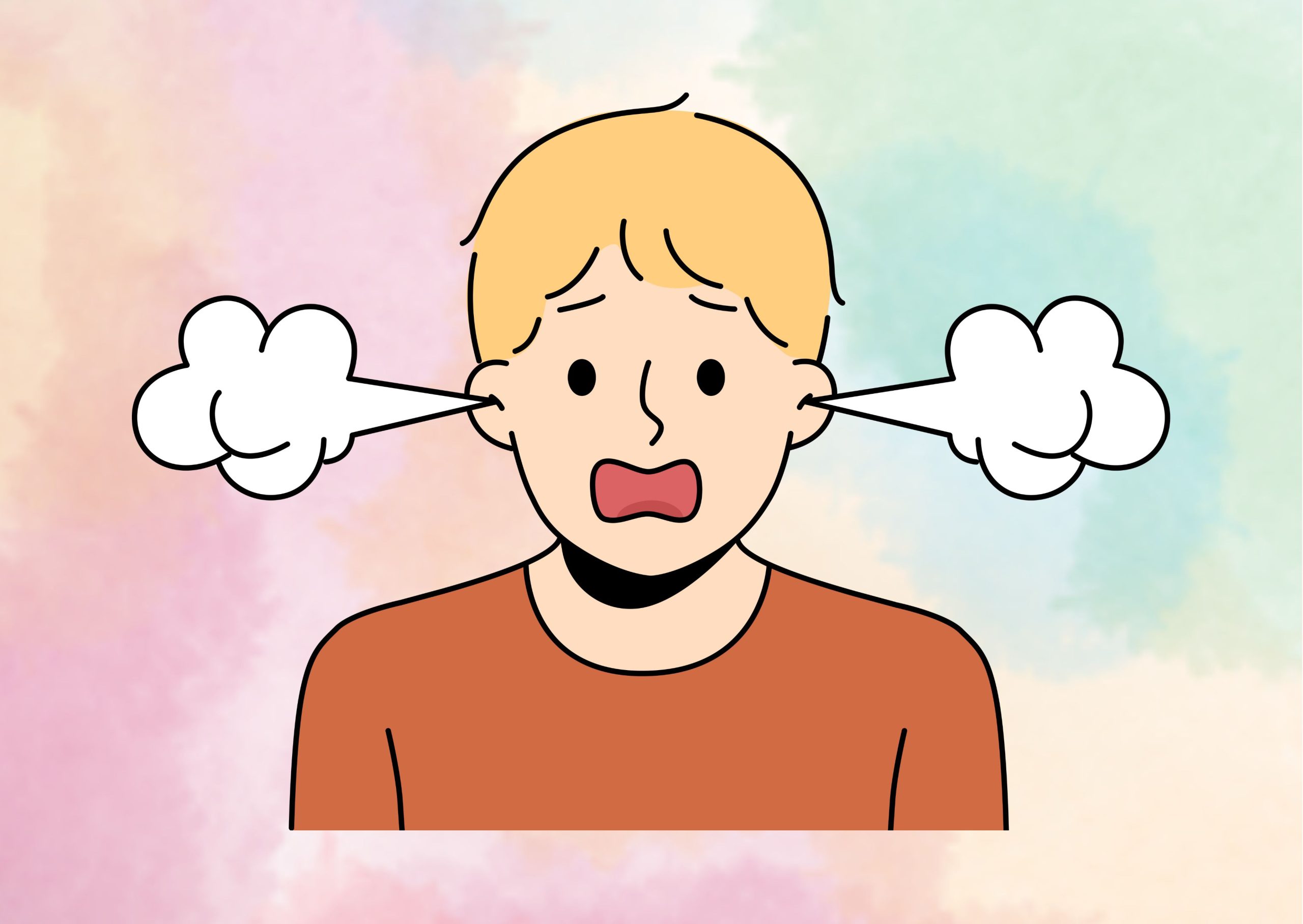8 Signs of Parentification and Ways to Overcome it
Parentification is a hidden burden that affects countless children worldwide, often going unnoticed and unaddressed. This complex phenomenon occurs when children are compelled to take on adult roles and responsibilities within their families, leading to significant emotional and psychological consequences. The impact of parentification extends far beyond childhood, influencing mental health, relationships, and overall well-being throughout adulthood.
Understanding parentification has an impact on children’s development and long-term mental health. This article explores the definition and examples of parentification, delving into its psychological impact and the various forms it can take, including sibling-focused parentification. It also examines the connection between parentification and childhood trauma, anxiety, and depression. Furthermore, the article discusses strategies to break the cycle of parentification and offers insights on preventing this phenomenon in families, providing essential knowledge to foster healthier family dynamics and support affected individuals.
What is Parentification?
Parentification is a complex phenomenon that occurs when children are compelled to take on adult roles and responsibilities within their families. This role reversal disrupts the natural process of child development, as the child assumes the role of caregiver instead of receiving care from their parents. The term was coined by Hungarian-American psychiatrist Ivan Boszormenyi-Nagy, one of the founders of family therapy.
In healthy parent-child relationships, parents provide tangible and emotional support to their children. However, parentification distorts this dynamic, with children giving more to their parents than they receive. This process can have significant short-term and long-term impacts on a child’s mental and physical well-being.
Types of Parentification
There are two main types of parentification: instrumental and emotional.
Instrumental parentification involves children taking on practical responsibilities that are typically handled by adults. Examples include:
- Caring for siblings or other relatives
- Performing household chores like cleaning, cooking, and grocery shopping
- Managing finances and paying bills
- Acting as a caretaker for a parent with a disability or illness
- Serving as a translator for non-English speaking parents
Emotional parentification, often considered more complex and challenging, occurs when children fulfill their parents’ emotional or psychological needs. This may involve:
- Listening to a parent’s problems and offering advice
- Comforting family members during difficult times
- Mediating conflicts between parents or other family members
- Acting as a confidante for a parent
- Providing consistent emotional support to a parent
Signs of Parentification
Parentified children may exhibit various signs, including:
- Stress and anxiety, often manifesting as physical symptoms like headaches or stomachaches
- Difficulty enjoying age-appropriate activities
- Social challenges and trouble maintaining friendships
- Academic struggles
- Feelings of self-blame, guilt, and self-doubt
- A strong desire to please others
- Loss of childhood experiences
- Aggression or other disruptive behaviors
Causes of Parentification
Several factors can contribute to parentification:
- Parental mental health issues or substance abuse
- Chronic illness or disability in the family
- Divorce or loss of a parent
- Financial hardship
- Immigration and cultural adjustment challenges
- Lack of support systems for parents
- Intergenerational patterns of parentification
It’s important to note that parentification occurs on a spectrum, and its impact can vary depending on the severity and duration of the role reversal. While some level of responsibility can foster maturity and resilience in children, excessive parentification can have lasting negative effects on their emotional and psychological development.
Suggestion for read: How to Heal Your Inner Child
The Impact of Parentification on Children
Parentification has a significant impact on children’s well-being and development, leading to both short-term effects and long-term consequences. This role reversal disrupts the natural process of child development, forcing children to take on responsibilities they may not be emotionally or mentally prepared to handle.
Short-term Effects
In the short term, parentified children often experience heightened stress levels and emotional exhaustion. They may struggle with anxiety and depression, finding it difficult to engage in age-appropriate activities or maintain healthy relationships with peers. The constant pressure to meet the needs of others can lead to chronic stress and emotional fatigue.
Parentified children may also exhibit externalizing behaviors such as aggressiveness or disruptive behavior. They might turn to substance use or self-harm as coping mechanisms. Additionally, these children are at a higher risk of developing attention-deficit/hyperactivity disorder.

